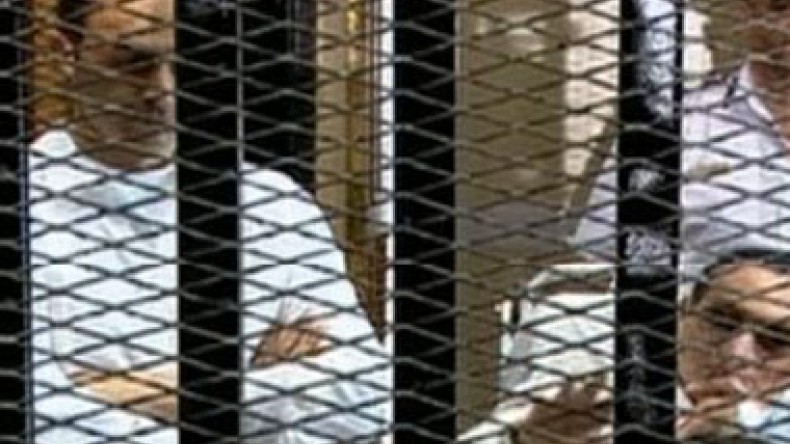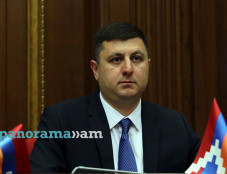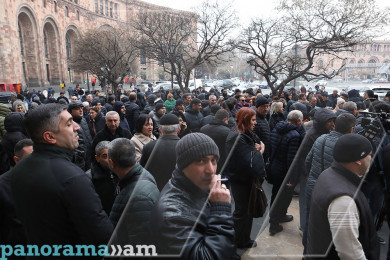
Egypt's Mubarak to remain behind bars
Former Egyptian President Hosni Mubarak will remain behind bars, even though he won an appeal in which he asked to be released while awaiting a retrial, Egyptian state-run media said Monday, according to CNN.
An appeals court granted his appeal Monday, technically freeing him in the case involving the killing of nonviolent protesters during the 2011 uprising that brought him down. But that action was made moot when the court also ordered that he remain detained in connection with newer corruption charges that were added to the older allegations, state media said.
State media confirmed the court's orders Monday afternoon, after conflicting reports from state media and the country's Information Ministry about whether the orders were made.
The retrial was supposed to begin on Saturday, but was delayed after the judge recused himself and walked out, leaving the court without leadership. The appeals court has 60 days to appoint a new judge for the trial, lawyers said.
On Monday, Mubarak's lawyers petitioned an appeals court to release him, Egypt's semiofficial Ahram News Agency reported.
Egyptian law allows the justice system to detain prisoners for just two years pending trial, but courts may extend detention for short periods of time. Because of legal technicalities, Mubarak's two years recently ran out.
Mubarak, who ruled Egypt for 30 years with the help of the military, was found guilty in June 2012 of ordering the killing of protesters and was to serve a life sentence. But a court accepted an appeal, resulting in the retrial.
The judge did not give an official reason for recusing himself.
He used an Arabic term meaning he felt embarrassment or unease, which is a legal term judges use to declare that they are not fit to preside over the hearing.
Both Mubarak's lawyer and a lawyer representing families of victims said the judge recused himself for health reasons.
Others speculate that the judge stepped down because of intense criticism after he earlier exonerated several security officials who worked under Mubarak.
Newsfeed
Videos






























